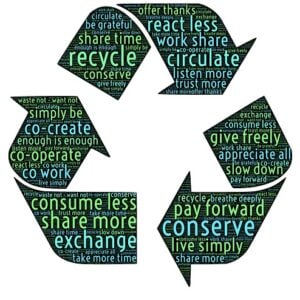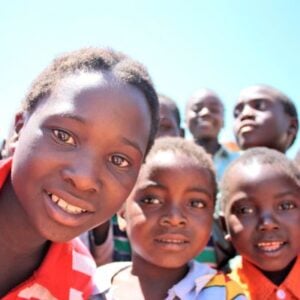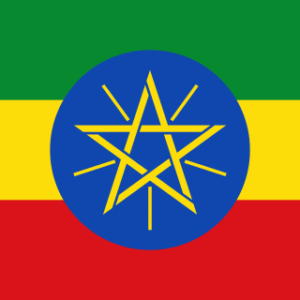The African Development Bank Group has successfully concluded the Chad leg of its GONAT initiative (Governance of Natural Resources in Transition and Fragile States), which aims to improve natural resource governance in fragile and transitioning African countries. Launched in 2023, the initiative has moved from diagnostic studies and training module development to in-country capacity-building workshops and high-level policy dialogues. Following sessions in the Central African Republic and Sierra Leone, Chad became the third country to host such a dialogue focused on enhancing transparency and accountability in the management of extractive resources.
Held from July 21 to 25, the event brought together around 50 participants from Chad’s ministries of Finance, Economy, Planning, Environment, Mines, and Geology, as well as civil society, academia, private sector, and local communities. Under the theme “Unlocking Africa’s Wealth: Curbing Illicit Financial Flows for Resilient Growth and Development,” the dialogue addressed key challenges such as illicit financial flows (IFFs), illegal trade in natural resources, and the risks and opportunities of resource-backed lending.
Dr. Solomane Koné, Director of the African Natural Resources Management and Investment Centre, stressed that improving transparency and governance in the natural resource sector is critical to combatting IFFs and ensuring that Africa’s resource wealth drives inclusive and resilient development. High-level participants, including officials from Chad’s petroleum and planning ministries, echoed the need for reforms and stronger institutions. They emphasized the importance of data-informed decision-making and inter-institutional coordination.
Chad, like many African nations, faces significant losses from IFFs, which cost the continent nearly $90 billion annually—about 4% of its GDP. Workshop discussions also examined the increasing use of resource-backed loans—deals where countries secure financing against future revenues from natural resources. While these mechanisms can offer immediate capital, they pose risks of long-term debt and exposure to volatile commodity prices if not carefully managed.
Jointly organized by the African Development Institute and the African Natural Resources Management and Investment Centre, the workshop blended technical training, group work, and policy discussions. Participants explored strategies for detecting IFFs, strengthening legal frameworks, negotiating transparent contracts, and aligning resource governance with the Sustainable Development Goals. The final day featured a policy dialogue where stakeholders reviewed GONAT’s findings and discussed their integration into national policy frameworks.
One of the key messages from the event was the need for inclusive approaches, particularly involving women in all levels of natural resource governance. Participants also called for reforms in mining laws, improved transparency, better data sharing, capacity building, and the ratification of key international agreements like the Extractive Industries Transparency Initiative and the Kimberley Process.
Mme Kadidja Hassane Abdoulaye, Secretary of State for Petroleum, Mines and Geology, emphasized that any future phase of the GONAT initiative should prioritize strategic areas for Chad, including digital cadastre development, revenue management, and institutional capacity building. These elements are crucial for transforming natural resource wealth into long-term, sustainable development.
The GONAT initiative, a flagship project of the African Development Bank, currently supports six African countries—Central African Republic, Chad, Democratic Republic of Congo, Mozambique, Sierra Leone, and Zimbabwe—across various sectors including oil, gas, minerals, forestry, fisheries, and wildlife. The next sessions of the initiative are scheduled for August in the Democratic Republic of Congo and Mozambique.







